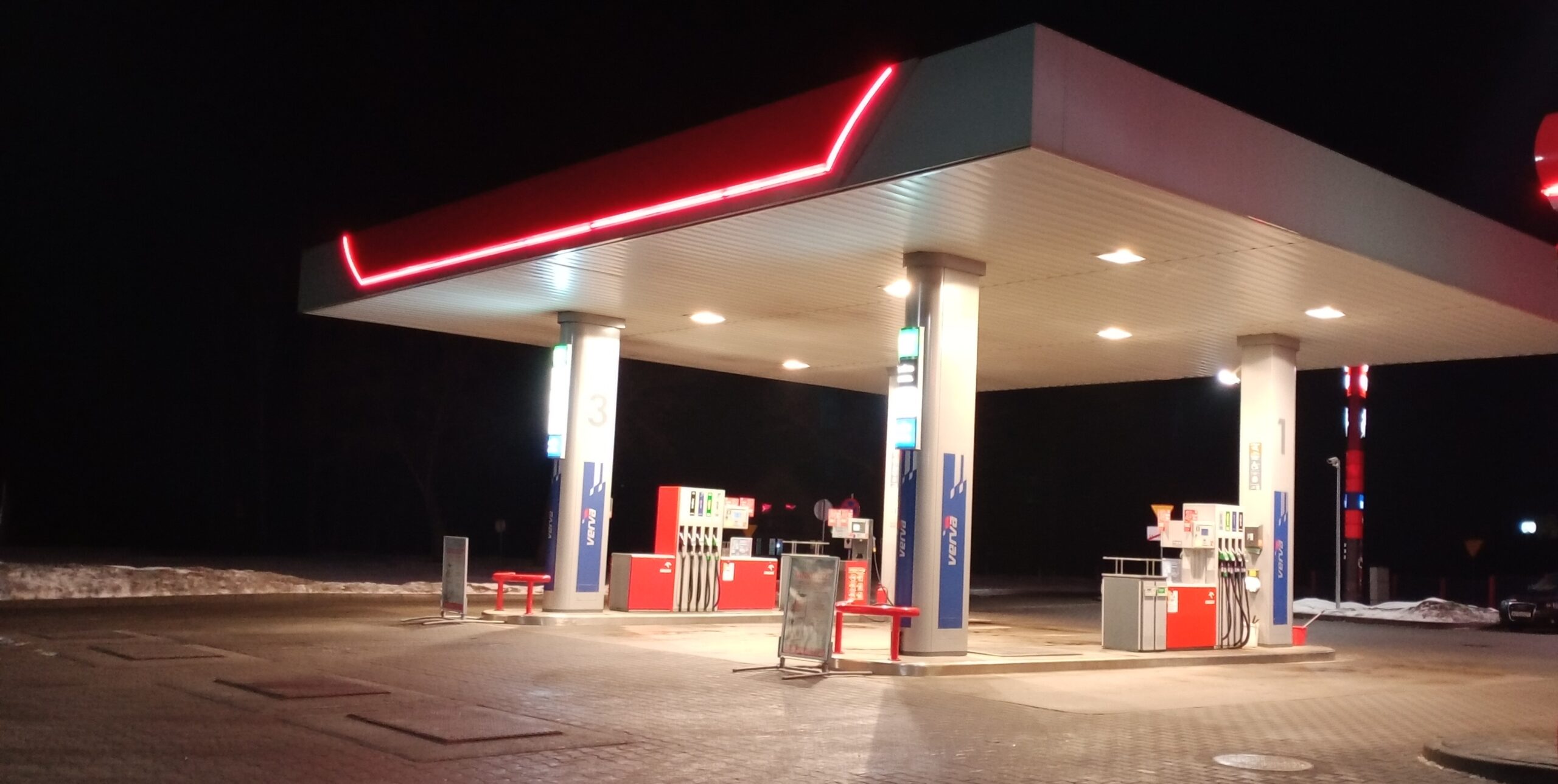
Read more
News
The Media Pluralism Monitor informs the EU Commission’s Rule of Law Report
The Media Pluralism Monitor consolidated its position as a key source of information for the EU policies on media pluralism and media freedom.
By Beata Klimkiewicz, Professor at the Institute of Journalism, Media and Social Communication, Jagiellonian University, Krakow.
In the last few years, the use of competition policy (particularly approval and disapproval of concentration) on the media market raised concerns in Poland (see e.g. Bolecki and Jelska, 2021). In 2020, amid revenue losses, German Verlagsgruppe Passau sold Polska Press Group (controlling a majority of Polish local and regional press market) to the state-owned PKN Orlen oil company. The takeover has been approved swiftly by the competition authority UOKiK even though this ownership change sustained a monopoly on the regional and local press market (UOKiK, 2021a). UOKiK’s President justified his decision by arguing: “The concentration planned will not affect the competition on the local press publishing market, on which Polska Press is present, but PKN Orlen has not been present yet (…).” The decision brought to the forefront the question of overlap between types of concentration and relevant markets: “In the case of the transaction between Orlen and Polska Press, we deal with vertical concentration taking place between entities which operate at different levels of trade in press. It means, in practice, that the operations of the concentration’s participants do not overlap” (UOKiK, 2021b).
However, as a consequence of the takeover, Orlen’s structural position has significantly strengthened in media markets. The company owns also press distribution company Ruch and a media house Sigma Bis, being one of the biggest advertisers among the state-owned companies in Poland. The takeover by Orlen had also a direct impact on media freedom and pluralism: throughout 2021, PKN Orlen replaced the company’s management board, most of the editors-in-chief of regional newspapers, and cases were reported where Polska Press’ editors received editorial instructions (Klimkiewicz, 2022). The term “media orlenisation” (orlenizacja mediów) has been coined to express wider Orlen’s influence on media content and agenda setting. On 17 January 2022 for example, the front covers of most of the largest Polish daily newspapers as well as the dozens of regional newspapers published by Orlen featured an advertorial interview with Daniel Obajtek, Orlen’s CEO (Wiech, 2022). In 2021, the company used its own advertising resources spending 14.5 million of PLN (34 per cent more than in the previous year) for advertising in “its own” outlets, thus improving their economic situation (Kozielski, 2022). The UOKiK’s President referred to media freedom and pluralism issues in a statement on his decision in the following words: “The law stipulates that the only reason for which the President of UOKiK may forbid concentration is a significant restriction of competition, assessed on the basis of clearly determined and measurable economic criteria” (UOKiK, 2021b).
The complexity of the case, however, shows that on media markets it is particularly difficult to isolate market and economic consequences (e.g. impact on “purely economic” competition) from the impact on media freedom and pluralism. The issues such as editorial control, especially when it leads also to economic and political arguments being endorsed by owners, or asymmetric advertising investment of state actors have a direct impact on conditions of the whole market and positions of other actors. Moreover, at stake is also legal certainty and more general outcomes of media governance as well as the role of regulators in this process.
Cezay Banasiński and Marcin Rojszczak argue that while in Poland news media are generally regulated as other segments of the industry by general competition law, public authorities (including CA and MRA) may not be “relieved” by a weakness of the existing legislation to take into account the norms and values that underlie constitutional regulations and EU law (Banasiński and Rojszczak, 2021). Moreover, UOKiK’s approval for Orlen’s takeover of Polska Press can be seen, in the view of both authors, as legislative omission that creates, from the perspective of market participants, a serious risk of violating the principle of legal certainty and accessibility (Banasiński and Rojszczak, 2021; emphasis added). In the words of the legal experts: “The question of what role competition law and public administration bodies should play in a situation where there are no distinct regulations governing concentrations involving the media is, in fact, a question about the model of governance. If it is correct to say that a state without a pluralistic media is not fully democratic, then it is clear that one of the objectives of public policy should be the protection of media freedom” (Banasiński and Rojszczak, 2021; emphasis added).
A similar perspective was applied by Adam Bodnar, the former Commissioner for Human Rights, who appealed to court against the decision of the UOKiK’s President in March 2021. Justifying his motion, the CHR wrote that “a company controlled by the State Treasury, and thus also government politicians, can easily influence the editorial line of individual editorial offices. In this way, they can transform free press into an instrument of government propaganda” (CHR, 2021). The CHR also paid attention to the connection between media freedom and pluralism issues and impact on the media market, arguing that UOKiK’s President limited himself to analyzing the advertising market. CHR observed in the appeal: “The antitrust authority is supposed to consider all circumstances affecting the protection of consumer welfare”, in other words, also negative effects on press freedom in Poland and a more general impact on media users’ welfare (CHR, 2021). CHR also argued that while media pluralism is not an absolute value that should always be prioritized by the competition regulator, considerations about media pluralism need to be taken into account in national competition decisions, “particularly with regard to constitutional provisions and other legal measures in place, and in relevant cases – such as is the case of Orlen’s takeover of Polska Press – applying such standards should be mandatory” (CHR, 2021).
In April 2021, the Court of Competition and Consumer Protection ordered that enforcement of the decision permitting the concentration should be suspended until the case had been fully examined (District Court in Warsaw, 2021). Yet this decision was largely ignored by PKN Orlen, which promptly revamped its editorial structures and policies (Kublik, 2021). In September 2021, PKN Orlen has been registered as the only owner of Polska Press despite the Court of Competition and Consumer Protection hasn’t issued its final decision on UOKiK’s President concentration approval. The case is still pending and hearings in the case are planned to be held on 7 June 2022 in Warsaw.
List of references
Banasiński, Cezary and Marcin Rojszczak (2021) The role of competition authorities in protecting freedom of speech: the PKN Orlen/Polska Press case, European Competition Journal, DOI: 10.1080/17441056.2021.2003999:, https://doi.org/10.1080/17441056.2021.2003999
Commissioner of Human Rights (CHR) (2021) Appeal of 5 March 2021 of the Commissioner for Human Rights against the decision of the President of the Office of Competition and Consumer Protection No. DKK-34/2021, https://cli.re/Rw5jYZ
District Court in Warsaw (Competition Consumer Protection Court) 8 April 2021, XVII Amo 1/21, https://cli.re/ndQPqM
Bolecki, Antoni and Agnieszka Jelska (2021) Media mergers under the current decisional practice of the Polish competition authority, https://codozasady.pl/en/p/media-mergers-under-the-current-decisional-practice-of-the-polish-competition-authority
Klimkiewicz, Beata (2022) MPM 2022 Country Report on Poland, forthcoming.
Kozielski, Maciej (2022) Kantar: w 2021 roku PKN Orlen wydał więcej na reklamy w tytułach Polska Press (Kantar: in 2021 PKN Orlen spent more on advertising in Polska Press titles), https://www.press.pl/tresc/69086,kantar_-w-2021-roku-pkn-orlen-wydal-wiecej-na-reklamy-w-tytulach-polska-press
Kublik, Agnieszka (2021) Warsaw District Court Blocks Orlen’s Takeover of Polska Press, wyborcza.pl, https://wyborcza.pl/7,173236,26974538,warsaw-district-court-blocks-orlen-s-takeover-of-polska-press.html
UOKiK (2021a) Decyzja nr DKK-34/2021 (Decision No DKK-34/2021), https://decyzje.uokik.gov.pl/bp/dec_prez.nsf/1/533AAC068F3C6568C1258681003DC432?editDocument&act=Decyzja
UOKiK (2021b) Orlen/Polska Press – Zgoda Prezesa UOKiK (Orlen/Polska Press – Approval of UOKiK’s President), https://www.uokik.gov.pl/download.php?plik=25262 Wiech, Jakub (2022) Orlen: will Poland’s eagle soar? https://notesfrompoland.com/2022/02/09/orlen-will-polands-eagle-soar/


